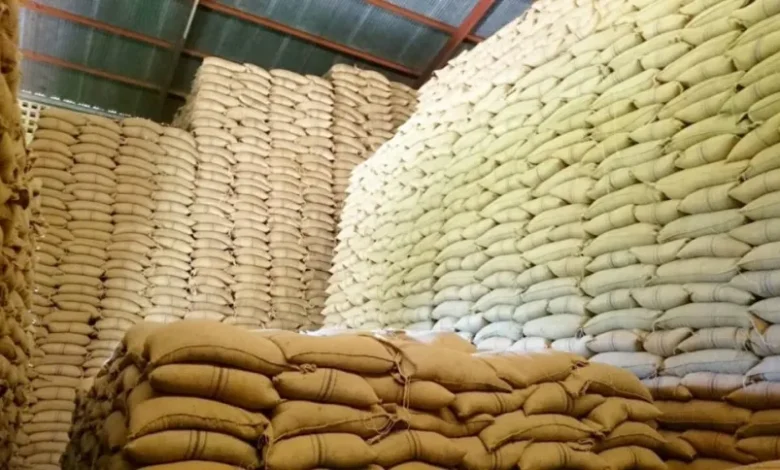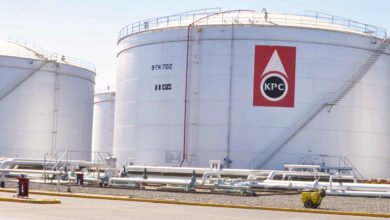
Agriculture Cabinet Secretary Mutahi Kagwe has released 200,000 bags of maize from the National Strategic Grain Reserve (NSGR) to registered millers, a move aimed at stabilizing maize flour prices and averting a looming shortage.
The maize, held by the National Cereals and Produce Board (NCPB), will be distributed to Miller Associations and individual licensed millers in 90kg bags at a subsidized rate of Ksh.4,250 per bag.
The first batch is being dispatched through select NCPB depots in the North and South Rift regions, areas known for high milling capacity.
“To qualify for the allocation, millers are required to submit their milling capacity details, a certificate of incorporation, a valid tax compliance certificate, and a Kenya Bureau of Standards (KEBS) quality certificate,” said Kagwe in a statement.
NCPB began accepting payments on May 22, 2025, with bulk collections expected to pick up from May 26, 2025.
The subsidy a strategy by the state to ease pressure on households facing rising food prices and ensure a steady supply of affordable flour in the market.
Conditions Milllers Must Meet
To guard against hoarding and misuse, the government has set strict conditions: millers must pay 25% of their allocation upfront and only receive the remaining 75% after providing proof of milling and flour distribution, along with a detailed maize utilization report.
Also Read: NCPB now seeks waiver on fertilizer subsidy loan worth Ksh4.5 billion
Once payment is made, millers are required to collect their consignments immediately, commence milling, and ensure the flour reaches retail markets without delay.
Currently, millers are collecting the subsidized maize from major NCPB depots, particularly in Eldoret and Moi’s Bridge.
This isn’t the first time the government has turned to the national reserves to cushion consumers.
In 2017, during a period of severe drought and rising inflation, the government, then under former President Uhuru Kenyatta, released maize from the NSGR to millers and introduced a subsidy programme that reduced the retail price of a 2kg packet of maize flour to Ksh.90.
That intervention helped prevent a full-blown food crisis and set a precedent for using strategic grain reserves to stabilize key food commodity prices.
The global food supply chains is still recovering and considering local production has been affected by erratic weather patterns.







Hi, Neat post. There is a problem with your site in internet explorer, would check this… IE still is the market leader and a big portion of people will miss your wonderful writing due to this problem.
https://semaglupharm.shop/# Rybelsus for blood sugar control
What i don’t understood is in fact how you are not actually a lot more neatly-preferred than you may be now. You are very intelligent. You recognize therefore significantly in the case of this matter, produced me in my view believe it from a lot of numerous angles. Its like men and women aren’t fascinated until it’s something to accomplish with Woman gaga! Your individual stuffs excellent. All the time maintain it up!
I like this post, enjoyed this one thank you for putting up. “The basis of optimism is sheer terror.” by Oscar Wilde.
Would love to forever get updated outstanding web site! .
I like this web blog so much, saved to my bookmarks.
Utterly pent written content, appreciate it for selective information.
Great website you have here but I was curious if you knew of any discussion boards that cover the same topics talked about in this article? I’d really like to be a part of group where I can get feedback from other knowledgeable individuals that share the same interest. If you have any suggestions, please let me know. Bless you!